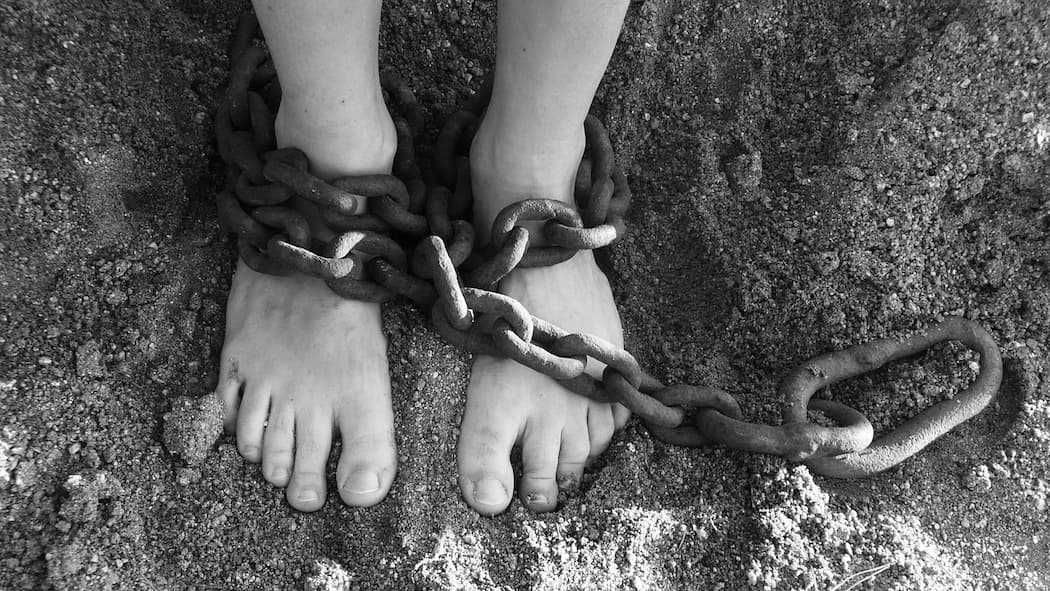Because the patriarchs were jealous of Joseph, they sold him as a slave into Egypt. But God was with him and rescued him from all his troubles. He gave Joseph wisdom and enabled him to gain the goodwill of Pharaoh king of Egypt. So Pharaoh made him ruler over Egypt and all his palace.
Then a famine struck all Egypt and Canaan, bringing great suffering, and our ancestors could not find food. When Jacob heard that there was grain in Egypt, he sent our forefathers on their first visit. On their second visit, Joseph told his brothers who he was, and Pharaoh learned about Joseph’s family. After this, Joseph sent for his father Jacob and his whole family, seventy-five in all. Then Jacob went down to Egypt, where he and our ancestors died. Their bodies were brought back to Shechem and placed in the tomb that Abraham had bought from the sons of Hamor at Shechem for a certain sum of money.
Stephen continues his defense of his preaching the gospel here, focusing on the story of Joseph. The story of Joseph has a lot of twists and turns; it reminds me of the old Space Mountain roller coaster at Disneyland. In this ride full of twists and turns, the lights are turned off, so you cannot anticipate when the twists or turns are coming. While thrilling in a few minute roller coaster ride, in life this can be really challenging, with the wrong mindset.
Joseph went from favored and privileged by his father among his brothers, to a slave (when his brothers decided to sell him into slavery and tell their father he was killed by wild animals). So he had to humble himself. He then, through hard work and Godly wisdom, excelled under his master and was put in charge of the whole house. But that would not last long; he was falsely accused of rape, and was put in prison. This unjust punishment must have burned inside him. He not only was humbled, but his reputation took a huge hit — being falsely accused.
But he decided to trust God in the middle of an unfair and tough situation, and God rewarded him by increasing his ability to interpret dreams; first for his fellow prisoners and then for the Pharaoh in charge of Egypt. Once he interpreted the Pharaoh’s dream, Pharaoh saw that he had a relationship with the God who sees all, and made him second in command of his country.
Now he seemingly was on top of one of the most powerful countries in the known world at that time. And he had earned it, with no thanks to his brothers or false accusers. But along comes the famine in the land, and through Godly wisdom, he has stored up grain for the Pharaoh. His family back home, however, is broke and hungry, so his father sends his brothers to Egypt to get food.
Now a showdown happens, when Joseph sees his brothers, but likely due to his position, age, and dress, they do not recognize him. What will Joseph do? He could pay them back for selling him into slavery. He could arrest them, refuse to give them food, or even have them killed.
But instead, he ends up reconciling with them and invites them to come and live with him. For the injury they caused him, he returned a blessing. He honored his father too, by having his body buried by Abraham. I Peter 3:9 says this: “Do not repay evil with evil or insult with insult. On the contrary, repay evil with blessing, because to this you were called so that you may inherit a blessing.”
Joseph knew the value of this godly behavior, and Stephen highlights this in his statement. Why? I believe he is setting up the groundwork for this concept: though man is sinful and does evil things, if they repent, God forgives them because he is, in his very nature, full of grace and mercy. He is setting this groundwork because these Jews crucified Jesus, an innocent man, just like Joseph’s brothers sold him into slavery unjustly.
Who do I need to show grace and mercy to today? How can I trust God in a challenging time to work “… for the good of those who love him, who have been called according to his purpose.” (Romans 8:28)
Lord, thank you for Stephen, his faith and boldness to share the truth and his attention to your Word. He knows the truth of the stories in your Word and applies them to life. May it be said of me too!


